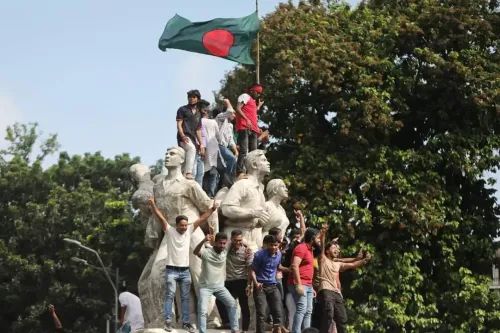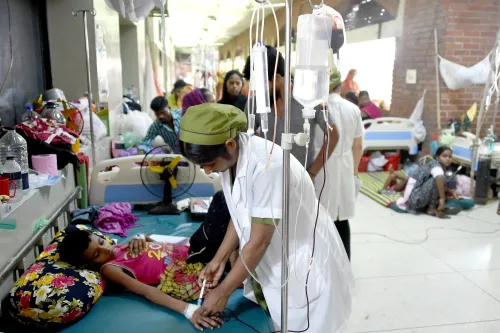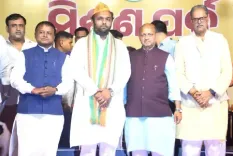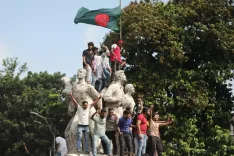Are H-1B visa restrictions a new setback for US-India relations?
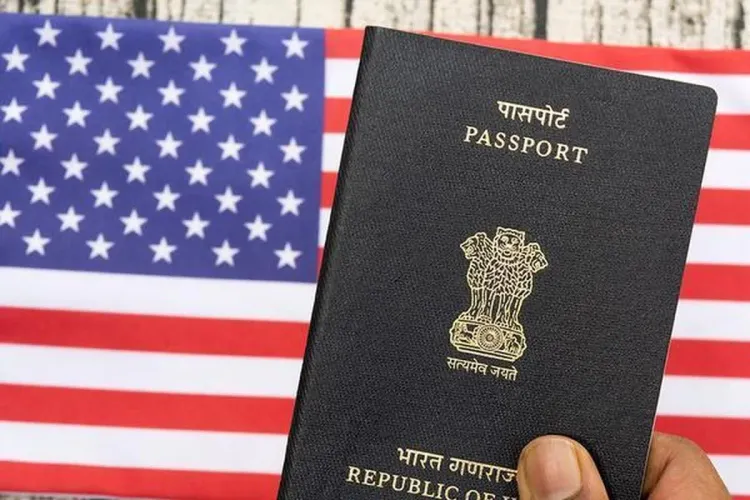
Synopsis
Key Takeaways
- New H-1B fees primarily impact Indian tech workers.
- This creates new challenges for US-India trade relations.
- Current visa holders are not affected by the new fee.
- Trade talks are complicated by geopolitical tensions.
- The $280 billion Indian tech industry faces significant risks.
Washington, September 22 (NationPress) As the Donald Trump administration imposes restrictions on H-1B visas, which significantly affect Indian tech professionals, US media reported that this visa enforcement has delivered a new setback to US-India relations and generated additional obstacles for a swift trade agreement.
According to a Bloomberg report, Trump's decision to introduce a $100,000 fee for new H-1B applications will primarily impact Indian nationals, who have accounted for over 70 percent of the visas issued in recent years. This order has unsettled India’s tech services sector, valued at $280 billion, jeopardizing outsourcing operations and threatening numerous jobs.
An economist mentioned that the trade negotiations are becoming increasingly linked with geopolitical aims, complicating the resolution of existing tensions.
On Friday, US President Donald Trump enacted a proclamation to significantly reduce the scope of the H-1B visa program, introducing a $100,000 charge for each new application.
The announcement led to considerable confusion over the weekend, as it seemed to imply that current H-1B visa holders might face challenges when attempting to return to the United States.
On Saturday, the White House clarified to IANS that this is a one-time fee applicable solely to new visas and does not affect renewals or existing visa holders.
“This is a one-time fee that applies only to the petition. It ONLY applies to new visas, not renewals or current visa holders. It will first apply in the next upcoming lottery cycle,” stated a White House official.
A White House spokesperson further explained that the policy aims to prevent companies from exploiting the system.
“President Trump committed to prioritizing American workers, and this practical measure does just that by discouraging companies from abusing the system and lowering wages. It also provides certainty to American businesses eager to hire highly-skilled workers while protecting them from system abuses,” remarked Taylor Rogers, the White House spokesperson.
This proclamation coincides with Commerce and Industry Minister Piyush Goyal's visit to Washington to engage with senior Trump administration officials regarding the India-US trade agreement. External Affairs Minister S. Jaishankar is also scheduled to meet US Secretary of State Marco Rubio during the United Nations General Assembly (UNGA) meetings.

